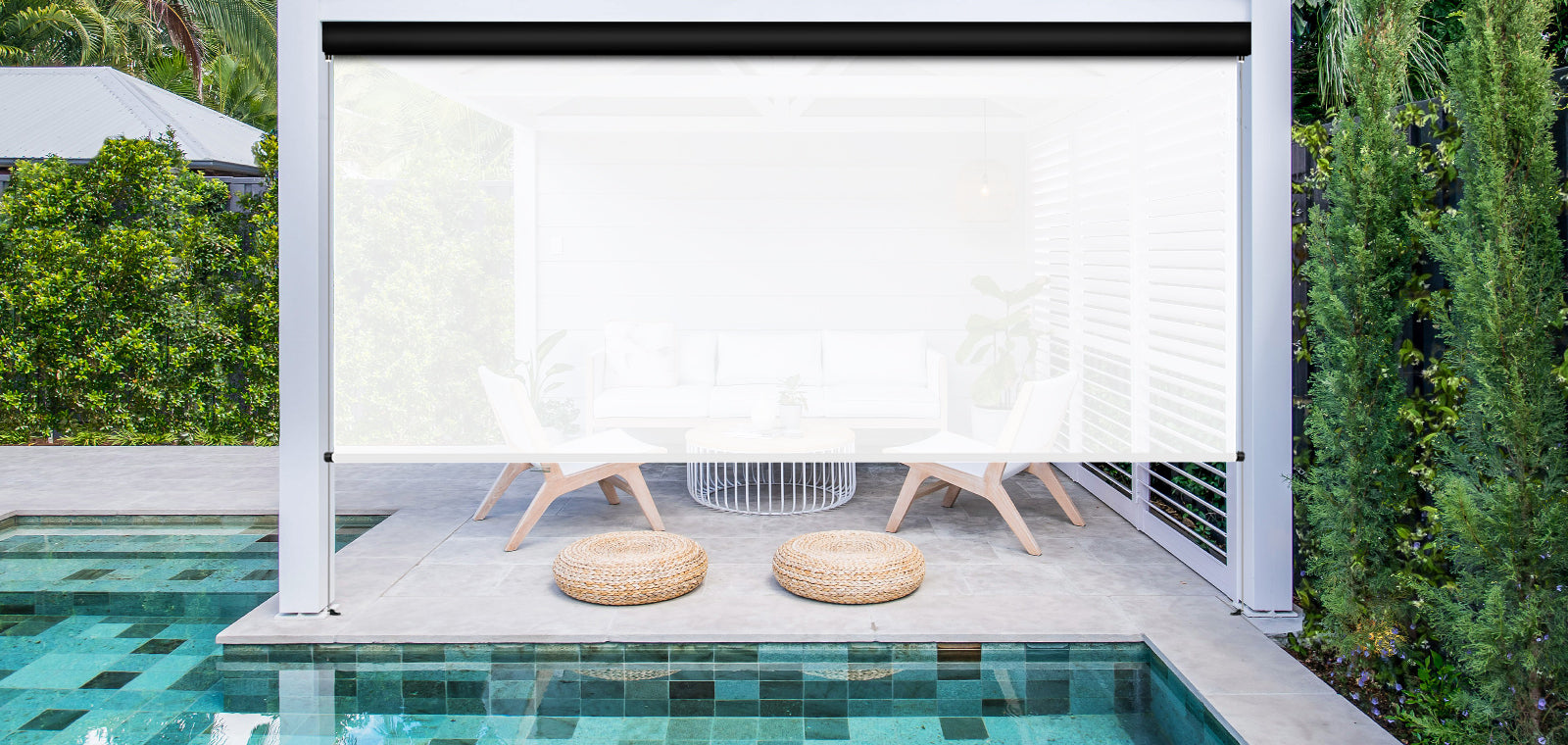
Choosing outdoor shades isn’t just about picking the first one that looks good — it’s about finding the right fit for your life. Whether you care most about blocking the sun, adding privacy, standing up to wind and rain, or enhancing your home’s style, knowing your priorities makes the decision much easier.
In this guide, we’ll help you figure out what to consider so you can choose outdoor shades that truly work for you.
Why Choosing The Right Outdoor Shades Matters
Outdoor shades are more than just a pretty touch. They protect your skin and furniture from harsh UV rays, make your porch or patio cooler and more private, and let you enjoy your outdoor space longer throughout the year.
Understand Your Needs And Space
Define Your Main Purpose
Start with your goal. Do you want to block glaring sunlight during dinner? Keep your outdoor sofa from fading? Create privacy in a tight neighborhood? Or just add a decorative element?
Tip: Write down your top two priorities before shopping — it helps narrow the options fast.
Assess The Installation Area
Look at the space itself. A small covered balcony and a sprawling sunny deck have very different needs. Notice which directions the sun hits at different times of day, and whether there’s a strong breeze in the area.
Example: A south-facing patio gets more intense sun all day, so you might want higher-density fabric.
Think About Frequency Of Use
If you only use your outdoor space a few months a year, you may not need high-end shades. But if it’s your favorite year-round hangout, investing in durable materials and maybe even motorized options can pay off.
Match The Shade To Your Climate
Consider Sun And Heat
In hot climates like Arizona or Texas, you’ll want high-density, UV-rated fabrics that block heat and glare while keeping your view, if possible. Lighter colors also reflect sunlight better and stay cooler.
Plan For Windy Conditions
If you live somewhere windy — coastal areas, or plains — regular roller shades may flap or tear. Look for wind-rated options or zipper track shades that stay secure.
Prepare For Moisture
In rainy or humid states like Florida, mildew-resistant fabrics and water-resistant coatings are a must. Vinyl or treated polyester holds up better than untreated cloth.
Decide On Style And Aesthetic
Coordinate With Your Home’s Look
Your shades should feel like part of your home, not an afterthought.
– Neutral tones (beige, gray, taupe) blend with most American home exteriors.
Choose The Right Level Of Privacy
If you want total seclusion, choose thicker or darker fabrics. If you’d like light and airflow while softening the view from outside, solar screens let you strike a balance.
Set Your Budget And Prioritize Features
Understand Price Vs. Quality
While affordable shades can work well for seasonal use, they may fade or wear faster. Mid-to-high-end shades often use better fabrics, stronger mechanisms, and can save money in the long run by lasting longer.
Pick Between Manual And Motorized
– Manual: budget-friendly, dependable, perfect for smaller spaces.
– Motorized: great for large areas, higher placements, or simply for convenience, especially if you have multiple shades to adjust.
Don’t Forget Maintenance
If you want low-maintenance shades, choose fabrics that resist dust, UV damage, and mildew. Some materials are even treated with coatings that make cleaning as simple as a quick wipe-down.
FAQs: What American Curtain Users Often Ask
How Do I Know Which Material Is Best?
For durability and easy care, treated polyester or solar fabrics are great for outdoor shades. For a more organic feel, materials like treated fabric are low-maintenance and weather-resistant.
Do I Need Professional Installation?
Not always. Lightweight, standard-sized shades can be a DIY project. But if you’re going motorized, covering a big area, or working on a tricky surface, professional installation is worth it.
How Long Do Outdoor Shades Last?
With regular cleaning and proper use, most outdoor shades last 5–10 years. Higher-end materials and smart maintenance can stretch that even longer.
Is Motorized Worth The Cost?
For convenience — especially in large or high spaces — motorized shades save time, reduce wear on parts, and feel like a true upgrade.
Can Outdoor Shades Really Withstand Bad Weather?
If you choose wind-rated, water-resistant products and install them correctly, they’ll handle most American weather conditions just fine.
Final Thoughts: Make Your Outdoor Space Work For You
Choosing outdoor shades doesn’t have to feel overwhelming. Start by identifying what matters most to you — shade, privacy, weather protection, style — and find the features that meet those needs.
When you choose wisely and care for them properly, outdoor shades will make your patio, deck, or balcony cooler, more comfortable, and more inviting — all season long.




